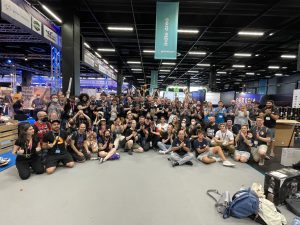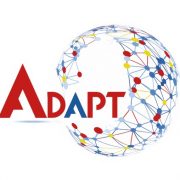Athors: Alexander Lercher, Nishant Saurabh, Radu Prodan
The 15th IEEE International Conference on Social Computing and Networking
http://www.swinflow.org/confs/2022/socialcom/
Abstract: Community evolution prediction enables business-driven social networks to detect customer groups modeled as communities based on similar interests by splitting them into temporal segments and utilizing ML classification to predict their structural changes. Unfortunately, existing methods overlook business contexts and focus on analyzing customer activities, raising privacy concerns. This paper proposes a novel method for community evolution prediction that applies a context-aware approach to identify future changes in community structures through three complementary features. Firstly, it models business events as transactions, splits them into explicit contexts, and detects contextualized communities for multiple time windows. Secondly, it %it performs feature engineering by uses novel structural metrics representing temporal features of contextualized communities. Thirdly, it uses extracted features to train ML classifiers and predict the community evolution in the same context and other dependent contexts. Experimental results on two real-world data sets reveal that traditional ML classifiers using the context-aware approach can predict community evolution with up to three times higher accuracy, precision, recall, and F1-score than other baseline classification methods (i.e., majority class, persistence).















